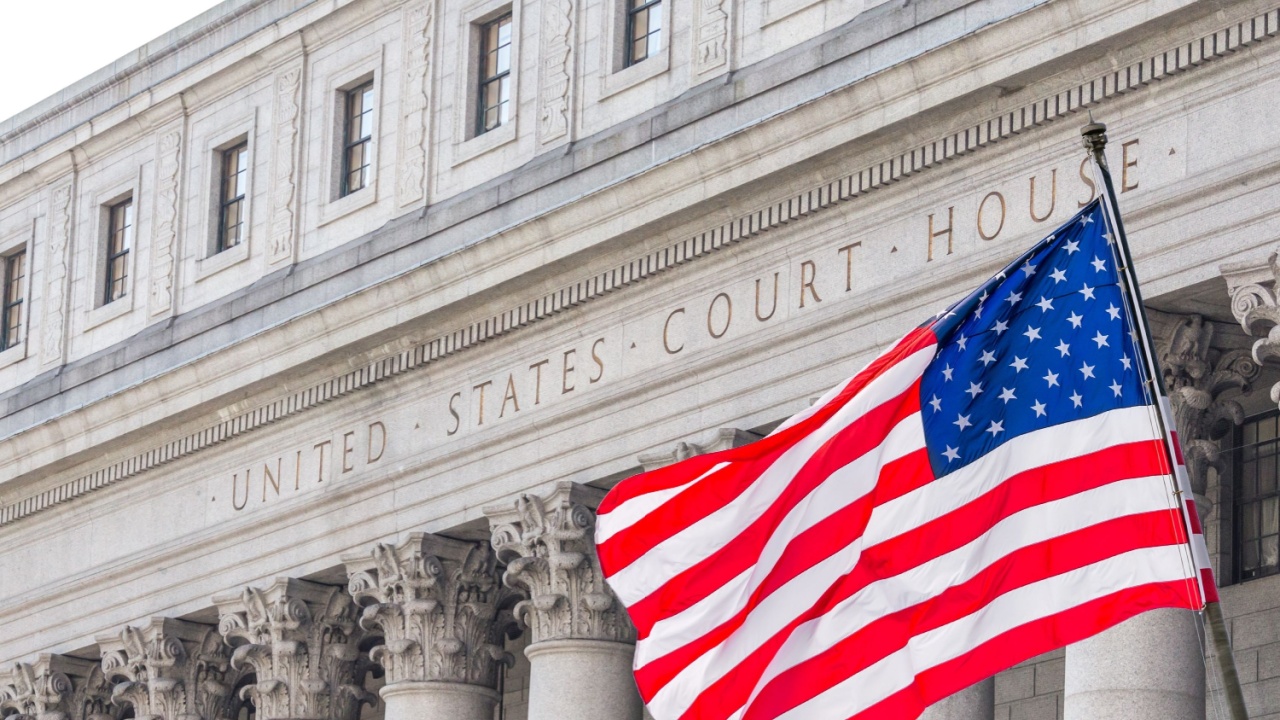After ‘Chevron’: Out of the Frying Pan, Into the Fire?

Editor's Note
Editor’s Note: For forty years, U.S. courts have deferred to unelected bureaucrats for the interpretation of ambiguous statutes. The principle of “Chevron deference” is the legal basis of the administrative state, the extra-constitutional rule by experts that provides the legal framework and the workaday operations of the group quota regime.
Bradley C.S. Watson sees a potential problem with the Court’s overturning of Chevron: It takes the power wrongly delegated to unelected bureaucrats and returns it, not to the people and their representatives, but to the judiciary. And if history is any lesson, Watson warns, then federal judges can hardly be trusted as champions of the Constitution. This is the fourth installment in a series on Loper Bright and its consequences. Read the rest of the series as it becomes available here.
Contrary to the prognostications — and fond wishes — of many conservative and libertarian legal scholars, the overturning of Chevron deference is not likely to make much of a dent in the administrative state. In fact, it might make tackling the bureaucratic hydra even more difficult. According to the Supreme Court in Loper v. Raimondo (2024), administrative agencies will no longer be granted vast interpretive authority when statutes are ambiguous. Instead, courts will have the final say. Insisting that agencies must be more beholden to written law sounds fine on the surface, but it assumes too much about the good faith and competence of lawyers and judges—and of Congress, too.
The story of how we got to Chevron deference is not well known. By the 1970s, liberal interest groups had begun a campaign of litigation in federal courts in order to expand the scope and activity of the new and enormous post-Great Society administrative state. This was opposed by the Nixon administration, which attempted to re-politicize the bureaucracy so it could be brought under presidential control. But with progressive judges calling the shots, the power of the executive branch — and ultimately the people — was destined to be circumscribed. Many conservatives, including Justice Scalia, initially rallied around Chevron deference as a means of controlling an administrative apparatus that was increasingly taking its marching orders from the least republican branch. As Justice Gorsuch remarks in Loper:
It should be recalled that, when Justice Scalia launched the Chevron revolution, there were many judges who “abhor[red] … ‘plain meaning’” and preferred instead to elevate ‘legislative history’ and their own curated accounts of a law’s ‘purpose[s]’ over enacted statutory text. … Chevron, he predicted, would provide a new guardrail against that practice. … The answer for judges eliding statutory terms is not deference to agencies that may seek to do the same, but a demand that all return to a more faithful adherence to the written law. That was, of course, another project Justice Scalia championed. And as we like to say, ‘we’re all textualists now.’
But therein lies the rub. If history is any guide, it seems likely that both Republican and Democratic presidents will appoint many federal judges who will not be textualists in any real sense. To believe otherwise is to overestimate the good will of Democrats, and the political will and intelligence of Republicans. It’s also to underestimate the extent to which progressive ideology has overtaken the law schools, the bar, and the bench.
And even if we can rely on textualist judges, what text will they have to interpret? Can we really expect Congress to do away with delegation and write statutes with sufficient specificity that they can be accurately interpreted even by good-faith judges? The effect of Loper might well be to encourage Congress to be even more derelict in its duties, ceding the real decision making to federal courts instead of agencies which are, at least in principle, politically accountable. Republican administrations of the future that might wish to tackle the administrative state will have an even steeper uphill battle when agency interpretations are further removed from executive branch control.